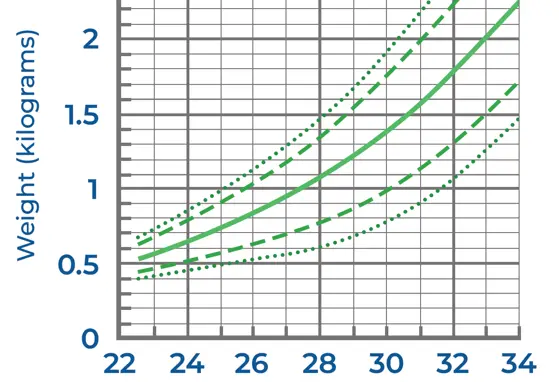Study argues iodine supplementation should start pre-pregnancy
Supplementation with iodine should begin pre-pregnancy in order to ensure healthy thyroid function and foetal neurodevelopment, according to the authors of a new cohort study.
Sufficient iodine intake is vital for normal thyroid function through its incorporation in the thyroid hormones, triiodothyronine (T3) and thyroxine (T4), which further are important for foetal neurodevelopment. What's more, iodine requirements increase during pregnancy and postpartum owing to increased thyroid hormone synthesis, transfer of iodine to the foetus, increased glomerular filtration and urinary iodine losses, and secretion into breast milk during lactation.
The adverse effects of severe iodine deficiency during pregnancy are well documented, whereas the consequences of mild-to-moderate iodine deficiency are less clear. Observational studies have reported an association between mild-to-moderate iodine deficiency during pregnancy and impaired child development. However, these studies do not report on maternal thyroid function; thus, the mechanisms between mild-to-moderate iodine deficiency and disturbed thyroid function and impaired child development are not fully explained.
Several countries and health authorities recommend iodine supplementation during pregnancy, owing to frequently observed mild-to-moderate iodine deficiency in this group. However, there are uncertain data to support the effect of supplementation in this group. Some studies even indicate that initiating an iodine supplement after conception may be too late, and that an abrupt increase in iodine intake might have negative effects on thyroid function which further may harm the developing foetus.
To date, no previous RCTs with supplementation starting preconception have been published, and few observational studies have included pre-pregnancy iodine status.
The study
The current cohort study, conducted in Norway, aimed to explore whether iodine nutrition and timing of iodine supplement initiation were associated with thyroid function in pregnant and postpartum women.
A total of 137 pregnant women were enrolled and followed up at gestational weeks (GWs) 18 and 36, and 3 and 6 months postpartum. Thyroid function tests (thyroid-stimulating hormone (TSH), free triiodothyronine (fT3), and free thyroxine (fT4)), urinary iodine and creatinine concentration (UIC:Cr), and iodine intake (including iodine supplement use) were measured at each time point.
The associations between thyroid hormone concentrations and UIC:Cr, iodine intakes, and iodine supplement use were estimated using multiple generalised estimating equation models.
Results
The median UIC at GW18 was 94 μg/L, indicating mild-to-moderate iodine deficiency. UIC:Cr per 100 μg/g was negatively associated with fT3 and fT4 concentrations. Iodine intake per 100 μg/d was positively associated with TSH, and negatively associated with fT3 and fT4 concentrations. Compared with no use of supplement, those initiating an iodine-containing supplement pre-pregnancy and continuing through pregnancy had lower TSH, and higher fT3 and fT4 concentrations.
The authors conclude that lower iodine availability during pregnancy and postpartum was associated with lower TSH, and higher fT3 and fT4 concentrations. They found no effect on thyroid hormone function, either beneficial or harmful, if initiating an iodine containing supplement after the conception of pregnancy. The use of an iodine-containing supplement initiated pre-pregnancy and continuing through pregnancy was associated with lower TSH, and higher fT3 and fT4 concentrations, which may suggest improved thyroid function. They conclude these findings support the notion that optimisation of iodine intake should start before pregnancy.
They explain the thyroid can store iodine for around three months for thyroid hormone production, thus the pre-pregnancy iodine status may be important for coping with the mechanisms of increased demand during pregnancy.
The report states: "In this study, we found no effect on thyroid hormone function, either beneficial or harmful, if initiating an iodine containing supplement after the conception of pregnancy. However, initiation of iodine supplements before conception and continuing through pregnancy was associated with lower concentrations of TSH and higher concentrations of fT4 and fT3, which might suggest improved thyroid function. Thus, iodine supplementation should start before pregnancy, such that intrathyroidal iodine stores are optimized before conception."
Source:
The Journal of Nutrition
If you liked this post you may also like

Post-Discharge Nutrition in Preterm Infants: Balancing Growth and Long-Term Health

Mindful Microbes: The Interplay Between Environment, Gut Microbiome, Brain, and Behavior

Exploring the Crosstalk: Nutrition, Microbiome, and Cardiometabolic Health

Guiding the Growing Gut: Microbiome and the Digestive Development of Children